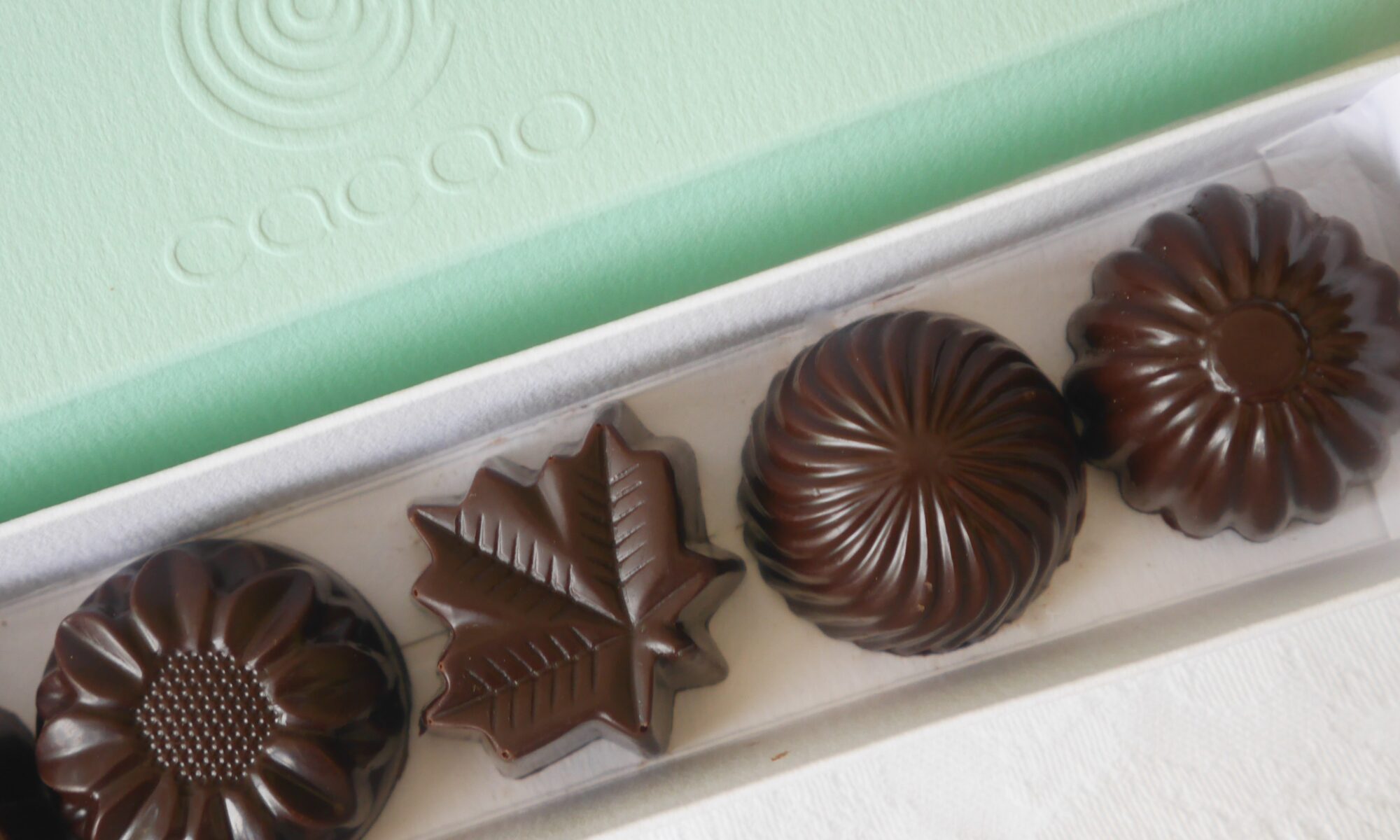Our cocoa
As you may have read in Our Story, the trigger to starting our business was learning about the involvement of child slavery in the cultivation and harvesting of cocoa in west Africa. It is essential to us, therefore, that we ensure that there is no child slavery in our supply chain. To do this we rely on data from the US Labor Department, which identifies Cote d’Ivoire and Nigeria as using forced child labour and Brazil, Cameroon, Ghana, Guinea and Sierra Leone as using child labour on their cocoa plantations. The vast majority (over 90%) of our cocoa comes from the Davao region of the Philippines, mainly from Paquibato. The cocoa is roasted and winnowed for us by Auro Chocolate, a multiple award winning Filipino social enterprise. The Paquibato cocoa is grown by Jose Saguban, who won a prize in Paris in 2019 for one of the 20 best cocoas in the world.
The remainder of our cocoa is Fino de Aroma grade (top 8% of cocoa) Ecuadorian Arriba supplied by the family firm Martinetti, Fino de Aroma grade Colombian cocoa supplied by Casa Luker and Grand Cru Sambirano Madagascan cocoa (winner of the Academy of Chocolate’s Golden Bean award).
Our sugar

As part of Cacao’s commitment to the use of environmentally friendly ingredients, we use Arenga palm sugar purchased from the Masarang Foundation, a non-profit conservation foundation that works to protect and restore threatened Indonesian rainforests through the production of environmentally friendly palm sugar, made from the sap of the Arenga Sugar Palm.
Arenga palm sugar has a uniquely complex flavour, with a rich but fresh caramel like taste that goes excellently with chocolate and stays in your mouth long after you swallow it. It is also better for your health, having a lower glycaemic index than cane sugar, and being linked to reduced risk of asthma, heart disease, stroke and diabetes.
To be clear, palm sugar has no connection to the infamously destructive palm oil industry. In fact, the sugar palm requires diverse, healthy plant communities to grow successfully. Masarang’s sugar production is therefore helping to re-forest degraded areas of land, restoring thriving ecosystems within 5 years of sugar palms being planted there.

Just a few years after being planted, a sugar palm is ready to be harvested. By tapping and making deep enough cuts in the stem, farmers can harvest 20-30 litres of sap from a single tree. The sap is then heated to thicken it, after which it is left to crystallise. In the process, no chemicals or additives are added.
Traditionally, the sap would be boiled for 2 hours over a wood-burning stove, exposing sugar farmers to smoke inhalation and causing trees to be felled for firewood. However, Masarang’s sugar factory uses waste heat from a geothermal energy plant, which can boil the sap to completion in just 15 minutes, saving farmer’s health and time, as well as an estimated 200,000 trees per year.
Masarang palm sugar has EU and FDA organic certifications and the soil surrounding all of its sugar palm trees is checked for chemicals by Control Union. In addition, in November 2017 the Masarang sugar factory received the prestigious biannual Parama Karya award as the best medium sized social enterprise in Indonesia.
To learn more about Masarang’s conservation work, click here.

